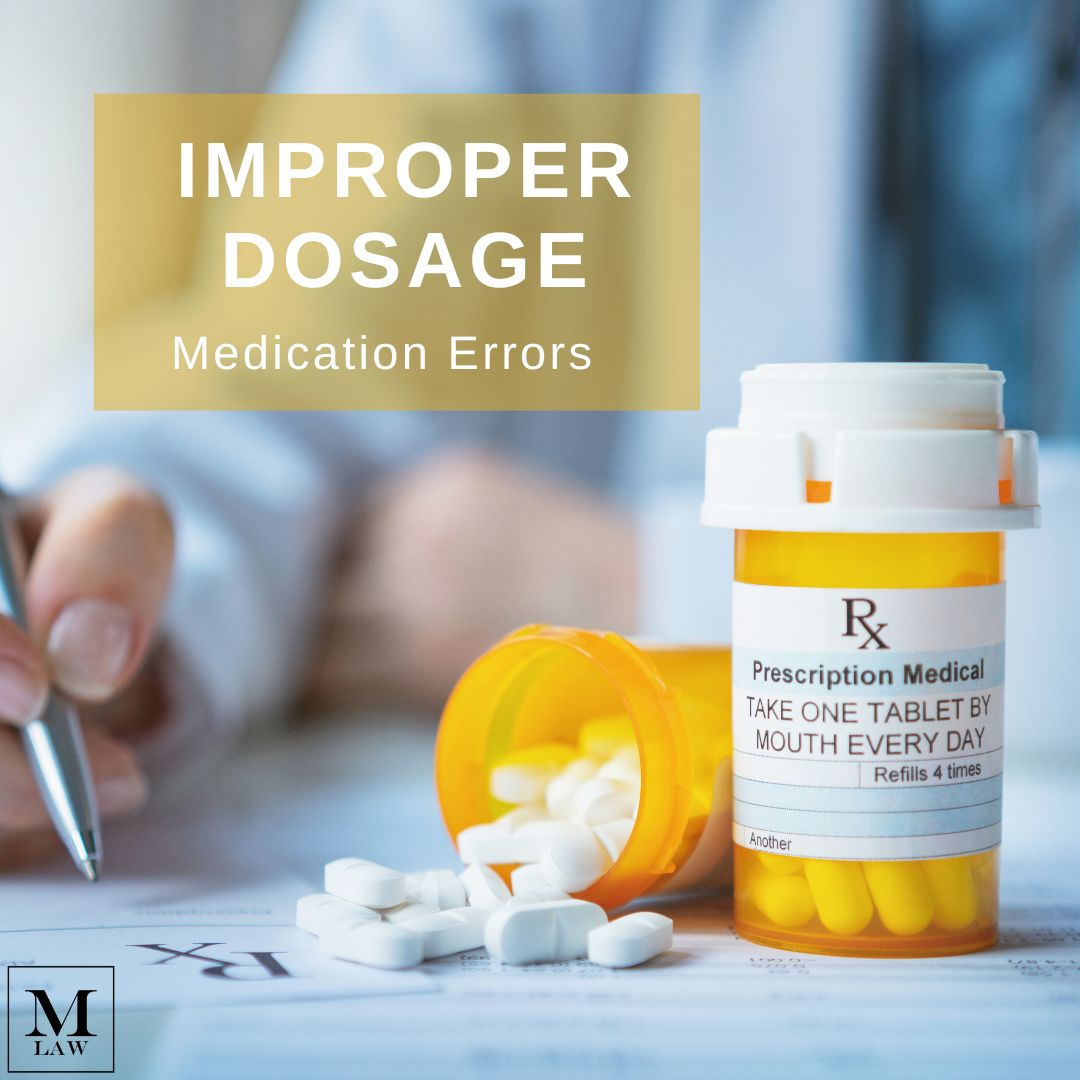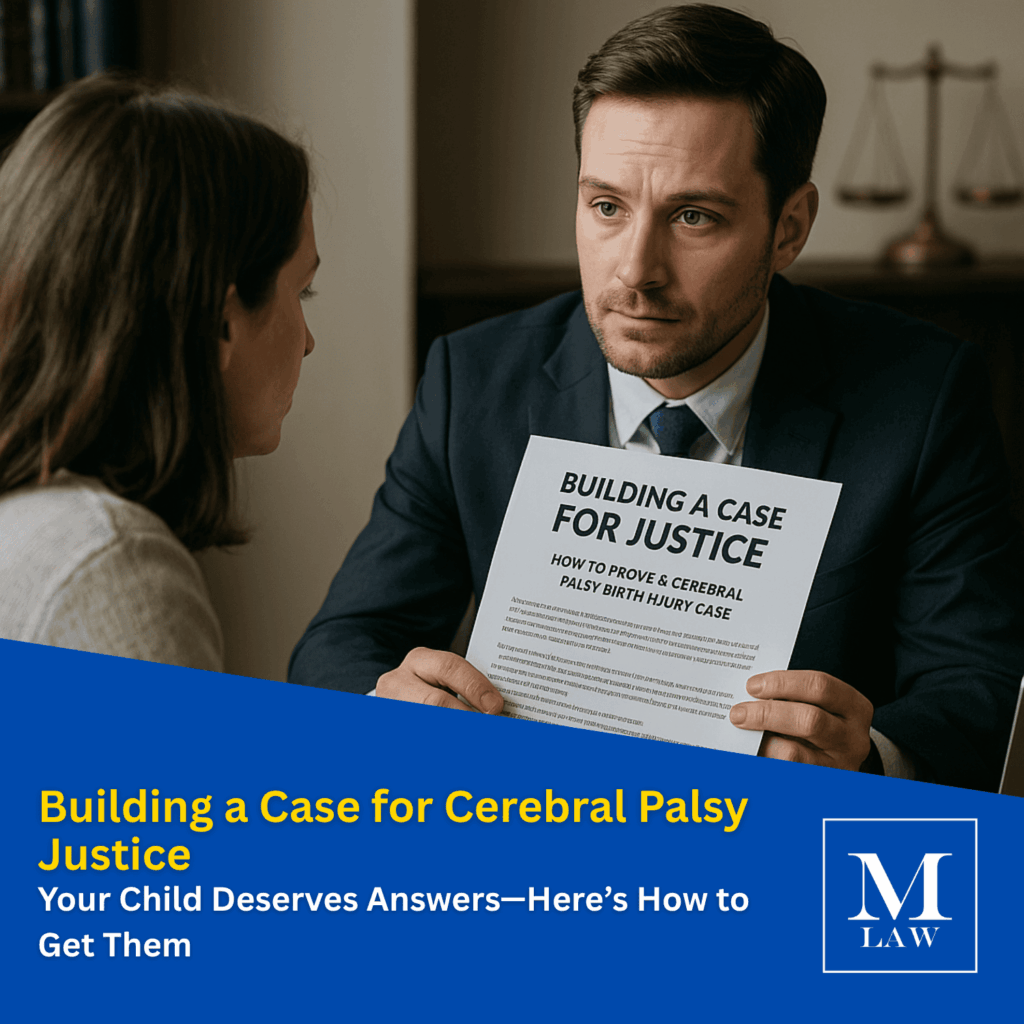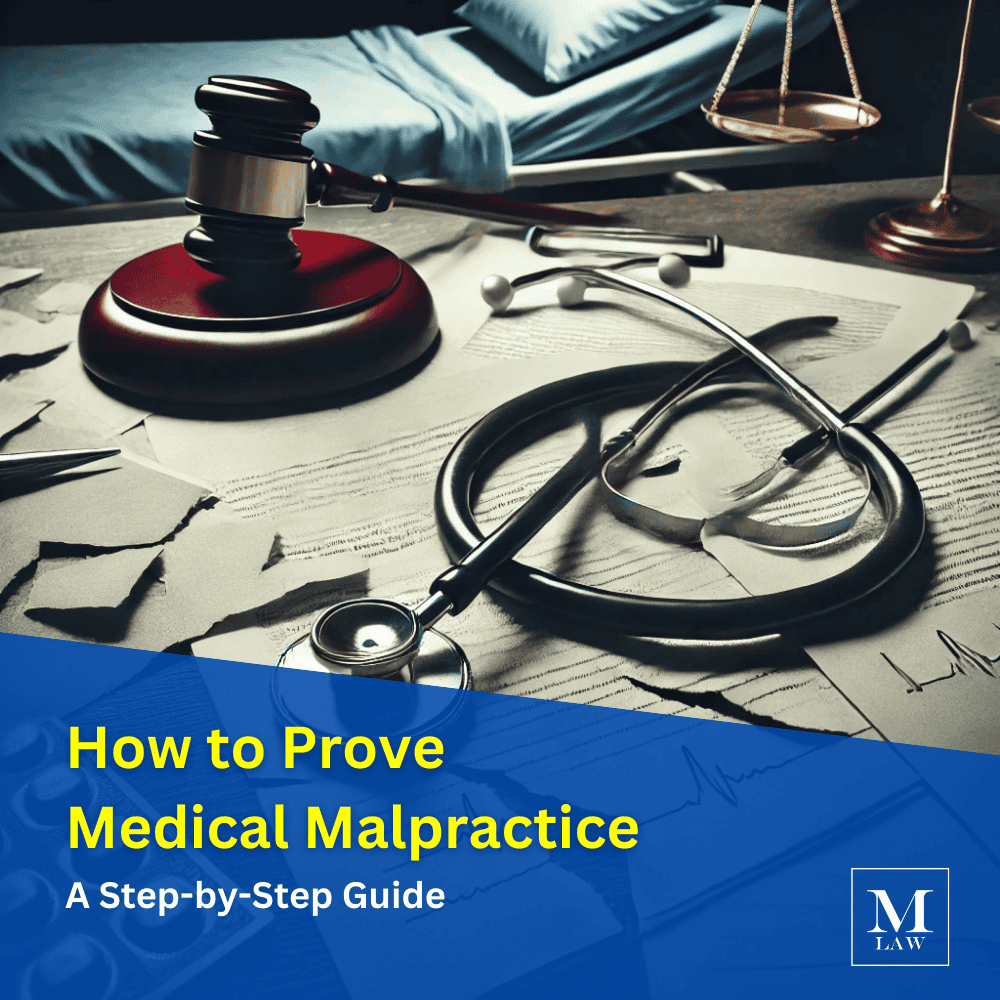It’s commonly known that the wrong dose of a drug could be the difference between curing you and overdose. Improper dosage of many drugs can result in serious injury and death.
In the United States, about 1.5 million preventable adverse drug events occur every year.
The specific effects can depend on several factors, including the type of medication, the dosage administered, your overall health, and your unique response to the medication.
Consequences of Improper Dosage
There are many possible outcomes of an improper dosage, some worse than others. A few include:
- Ineffectiveness: If the medication dosage is too low, it may not provide the intended therapeutic effect. The desired benefits may not be achieved, and the medical condition for which the medication was prescribed may not be adequately treated.
- Lack of symptom control: Improper dosing can result in inadequate symptom control. For example, pain medication administered at a lower than recommended dosage may not sufficiently alleviate pain, leaving the individual in discomfort.
- Treatment failure: In some cases, certain medications require precise dosages to effectively target a specific condition. If the dosage is incorrect, the medication may fail to achieve the desired treatment outcome. This can be particularly critical in the case of antibiotics for infections or chemotherapy drugs for cancer.
- Medication toxicity: Receiving an excessive dosage of medication can lead to toxicity or overdose. This can cause adverse reactions, potentially leading to organ damage, severe side effects, or even life-threatening complications. The risk of toxicity varies depending on the medication involved.
- Increased side effects: An improper dosage can increase the likelihood and severity of side effects associated with the medication. For example, if a dosage is too high, it may intensify side effects such as drowsiness, dizziness, nausea, or allergic reactions.
- Adverse drug reactions: Improper dosing can increase the risk of adverse drug reactions or interactions with other medications. The body’s response to the medication can be unpredictable when the dosage is incorrect, potentially leading to unexpected or severe reactions.
- Worsening of the underlying condition: Insufficient medication dosage may fail to effectively manage or control the underlying medical condition. This can result in the condition progressing or worsening, potentially leading to complications or additional health issues.
Improper Dosage Lawsuit
If you believe you have received an improper dosage of medication and wish to file a lawsuit, it’s important to follow certain steps. Keep in mind that the process can vary depending on your jurisdiction, local laws, and the specific circumstances of your case. Here is a general overview of how you can file a lawsuit for an improper dosage:
- Consult with an attorney: Start by consulting with an experienced attorney who specializes in medical malpractice or personal injury cases. They will evaluate the details of your case, including your medical records and other relevant evidence, to determine if you have a valid claim for an improper dosage.
- Gather evidence: Collect all pertinent evidence related to the improper dosage, including medical records, prescriptions, pharmacy records, and any documentation that supports your claim. This evidence will be crucial in establishing negligence or malpractice.
- Obtain expert opinion: In many improper dosage cases, expert medical testimony is necessary to prove that the dosage administered deviated from the accepted standard of care. Your attorney may consult with medical experts who can review your case and provide their professional opinion on whether the dosage was improper and if it caused harm or adverse effects.
- Statute of limitations: Be aware of the statute of limitations for filing a lawsuit in your jurisdiction. This refers to the time limit within which a claim must be filed. Failing to file within the specified time period can result in your claim being time-barred. Your attorney can guide you on the statute of limitations relevant to your case.
- Pre-litigation negotiations and settlement: Before proceeding to a formal lawsuit, your attorney may engage in negotiations with the opposing party, such as the healthcare provider or their insurance company. Settlement discussions may be attempted to resolve the matter outside of court. This involves negotiating for a fair and reasonable settlement that compensates you for the harm caused by the improper dosage.
- Filing the lawsuit: If a settlement cannot be reached, your attorney will file a lawsuit on your behalf. They will prepare the necessary legal documents, including a complaint that outlines the details of your claim, the damages sought, and the parties involved. The lawsuit is typically filed in the appropriate court.
- Discovery and trial: Once the lawsuit is filed, both parties engage in the discovery phase. This involves exchanging information, gathering evidence, and deposing witnesses. If the case does not settle during this stage, it may proceed to trial, where each side presents their arguments, evidence, and witnesses before a judge or jury.
- Verdict and potential appeal: Following the trial, a verdict will be rendered. If you prevail and the court finds in your favor, damages may be awarded to compensate for medical expenses, pain and suffering, lost wages, and other losses. The defendant may have the option to appeal the verdict if they believe there were legal errors or misconduct during the trial.
It’s crucial to work closely with a qualified attorney throughout the process to navigate the legal complexities involved in filing a lawsuit for an improper dosage. If you’re in New York, New Jersey, or Pennsylvania, you can contact Merson Law PLLC to get in touch with an experienced medical malpractice lawyer. We can guide you, advocate on your behalf, and help you seek appropriate compensation for the harm caused by the improper dosage of medication.
Contact us today by calling our office or filling out our contact form.








